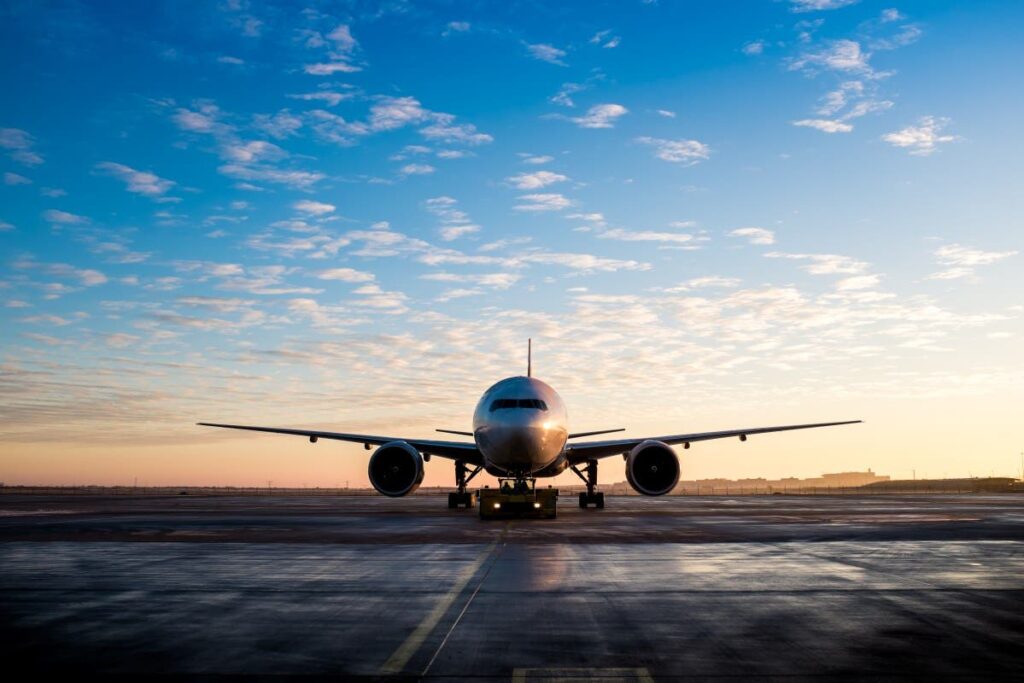Air travel may soon take a more sustainable turn, thanks to a new method that converts discarded food into jet fuel.
This is the promise of the process developed by researchers at the University of Illinois Urbana-Champaign, which output a sustainable aviation fuel (SAF), which meets all current industry standards without requiring blending with fossil fuels.
The innovation, detailed in a new study published in the journal Nature Communications, could help aviation meet its target of net-zero carbon emissions by 2050.
Commercial aviation accounts for a growing share of global greenhouse gas emissions, fueled by rising demand for fast and accessible transport. The sector’s climate impact has made decarbonization a priority, and SAF is considered one of the most viable alternatives to conventional jet fuel.
“Our research helps solve the science and engineering problems, and then the industry can step in,” agricultural and biological engineer professor Yuanhui Zhang said in a statement.
“The process can be applied to other types of oils for SAF. It can also replace other materials, such as petroleum-derived compounds for making plastics. This has huge potential for business opportunities and economic development.”
The researchers’ approach relies on hydrothermal liquefaction (HTL), a thermochemical process that transforms natural waste into a type of crude oil. This “biocrude” is then purified and refined by the application of hydrogen and catalysts, stripping it of elements like nitrogen, oxygen and sulfur to form jet fuel.
In this case, the researchers used waste collected from a nearby food processing facility.
Globally, more than 30 percent of food is wasted each year across the supply chain—from farms and transportation to retail and households. Once in landfills or wastewater treatment plants, that waste breaks down and emits greenhouse gases. Converting it into fuel reduces those emissions and recycles waste that would otherwise contribute to climate change.
HTL has a wide range of potential feedstocks, beyond just food. According to the team, the process mimics the geological conditions that form fossil fuels, compressing wet biomass at high temperatures and pressures to produce biocrude.
The researchers’ final SAF product passed Tier Alpha and Beta prescreening tests required by the American Society for Testing and Materials (ASTM) and the Federal Aviation Administration, meeting all criteria for use in aircraft engines without blending.
This development offers a potential breakthrough for aviation decarbonization by using repurposing waste that is already available in large quantities. The technology has demonstrated promise at lab scale and could be scaled up for commercial production, according to the research team.
Do you have a tip on a story that Newsweek should be covering? Do you have a question about biocrude production? Let us know via science@newsweek.com.
Reference
Summers, S., Yang, S., Si, B., Wang, Z., Watson, J., Yu, S., Yang, Z., Kawale, H., Heyne, J. S., & Zhang, Y. (2025). From food waste to sustainable aviation fuel: Cobalt molybdenum catalysis of pretreated hydrothermal liquefaction biocrude. Nature Communications, 16(1), 9570. https://doi.org/10.1038/s41467-025-64645-y
Read the full article here


